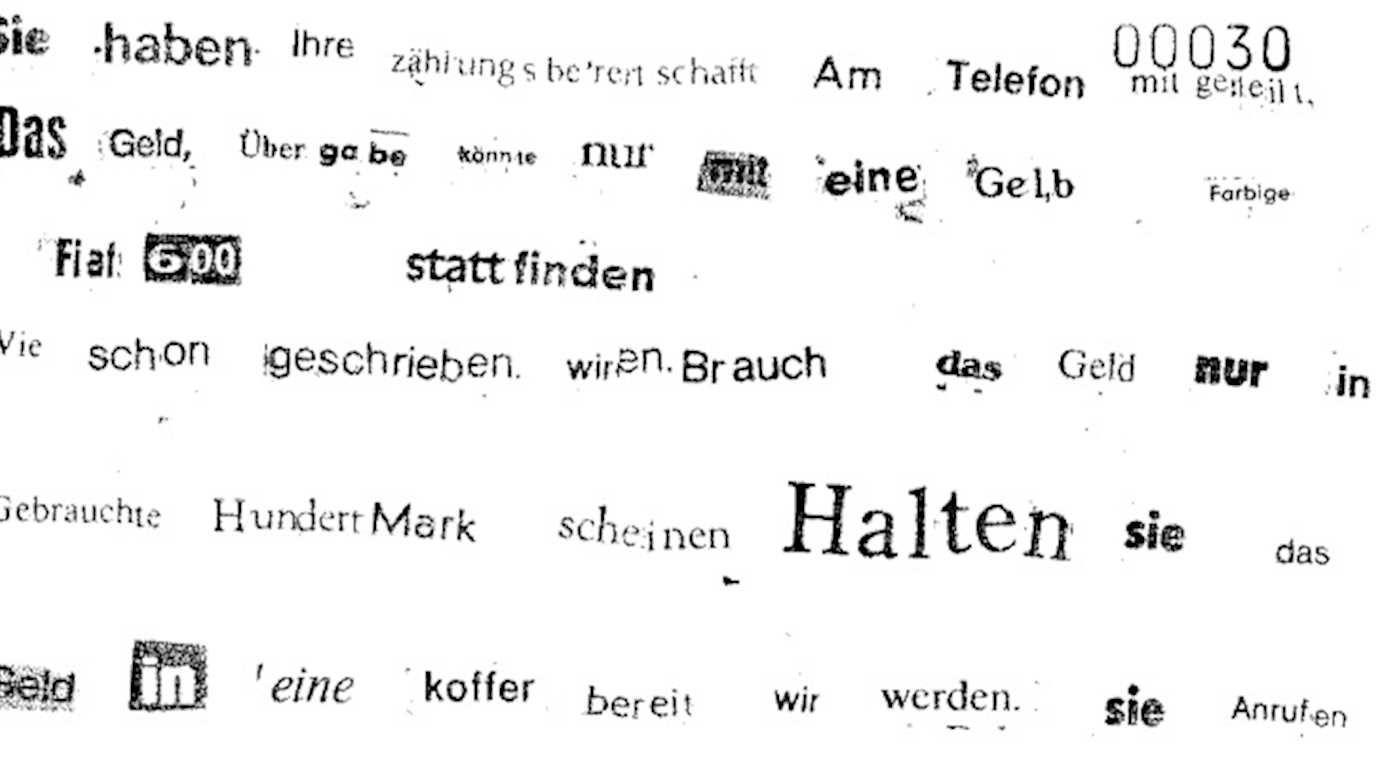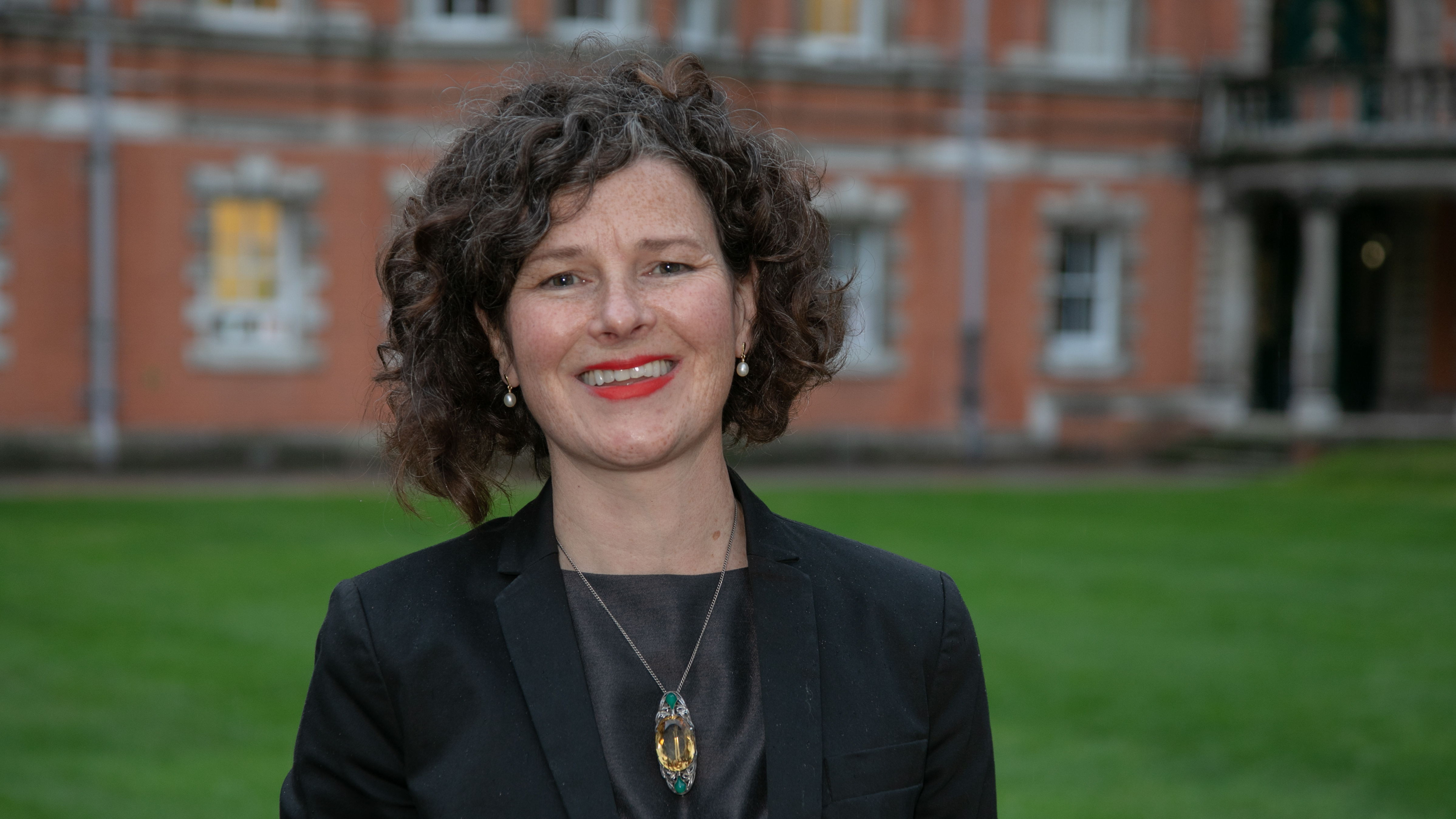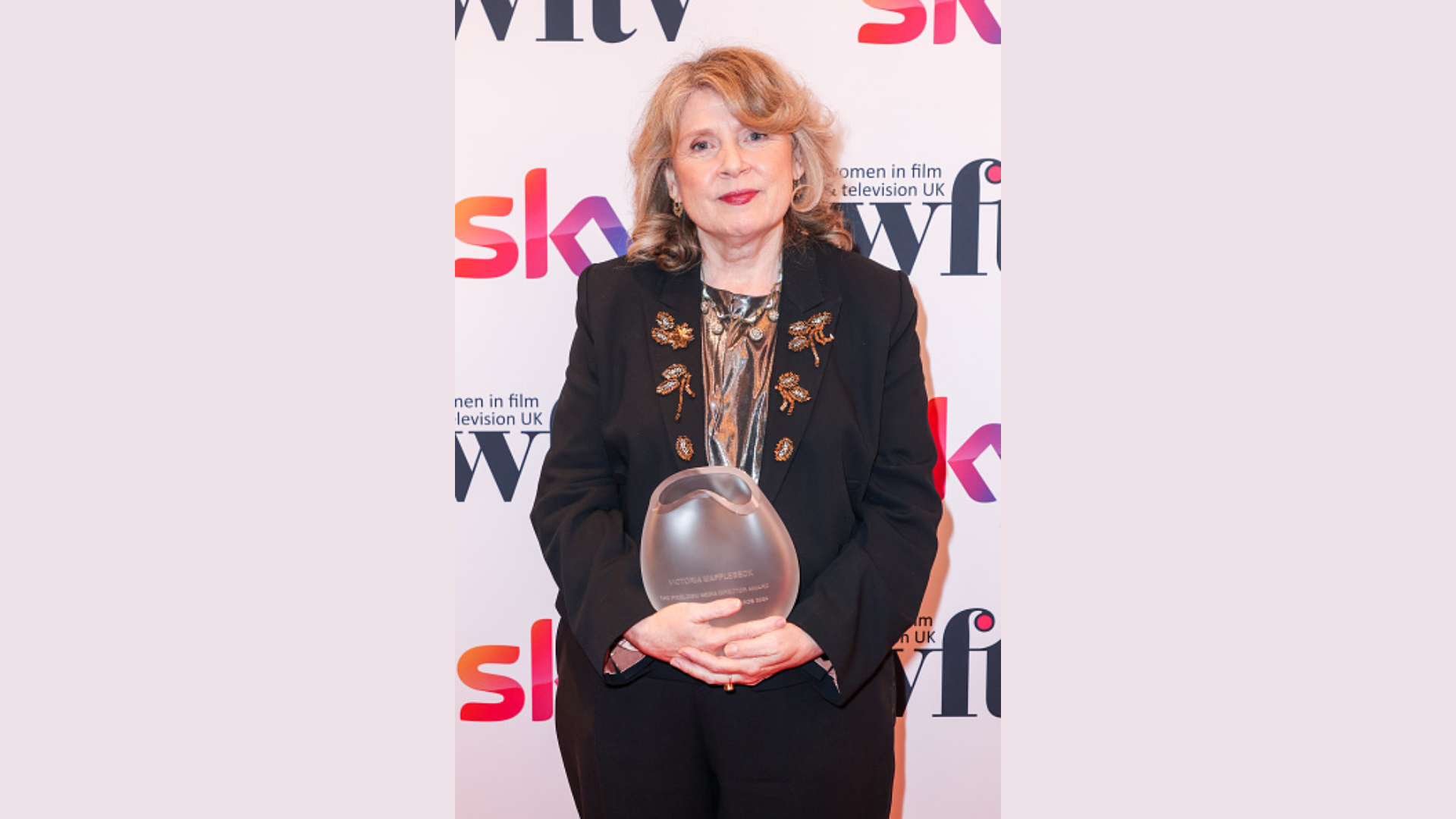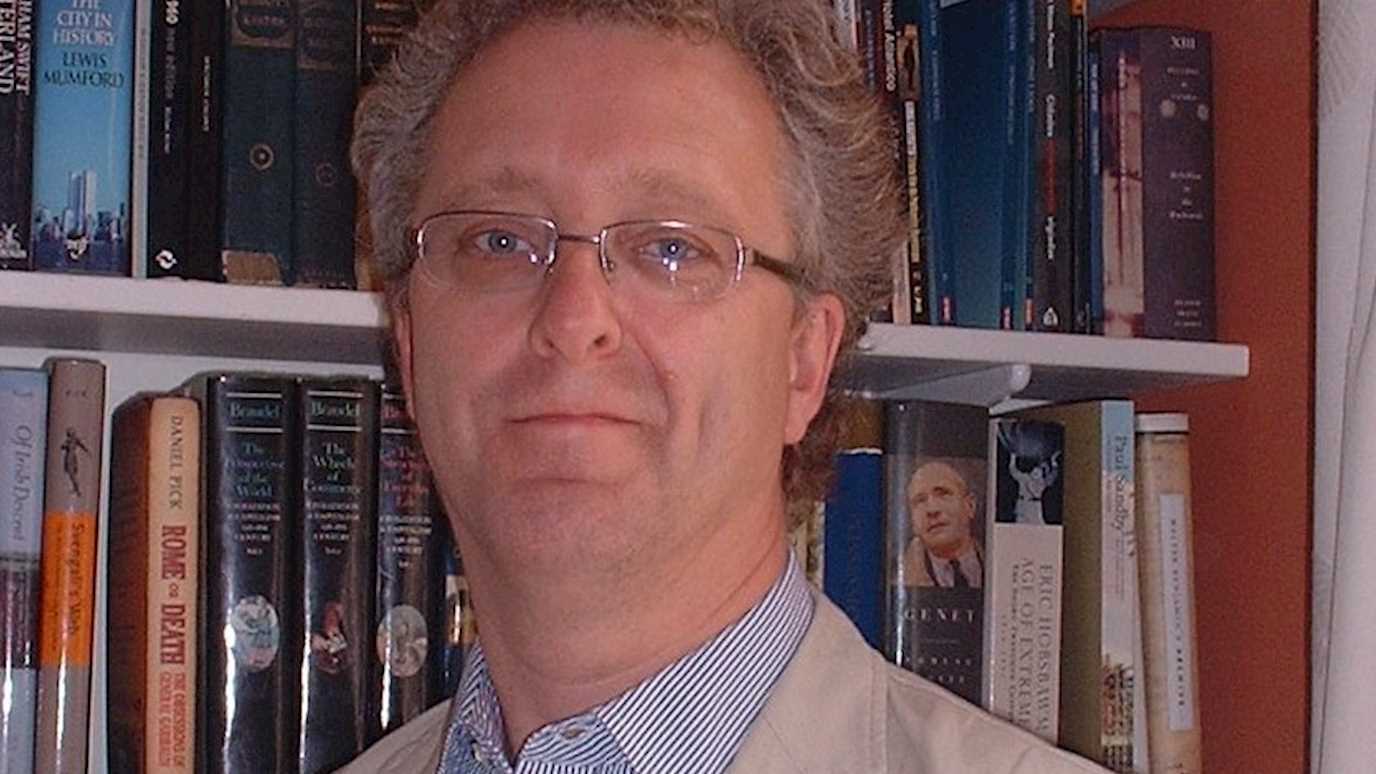Historian Dr Barbara Zipser, from Royal Holloway, University of London, has used the linguistic profiling skills she normally employs on ancient Greek documents to highlight a potential miscarriage of justice, in a grisly child abduction and blackmail case from the 1980s.

The “cold case,” which involved the kidnapping and murder of 10 year-old Ursula Hermann in Bavaria, was closed in 2010, after a former neighbour of the victim was found guilty and sentenced to life imprisonment.
A German TV programme, Stern however, recently revisited the case and Barbara used her expertise to analyse blackmail letters which had been sent to Ursula’s parents.
Through linguistic profiling Barbara concluded that very likely the wrong person had been convicted.
Her expert opinion has prompted the legal team of the convicted man to call for the case to be re-opened.
This is a claim that has been supported by Ursula Hermann’s brother, who, as reported in the German media, has written an open letter suggesting that the authorities prosecuted an innocent man whilst the real people responsible are still free.
Linguistic profiling is a method of practice Barbara has used throughout her academic work. Her main area of research is Greek medicine, with an emphasis on textual criticism, manuscript transmission and the formation of Greek vernacular terminology. It is therefore through her knowledge of analysing language that Barbara was able to unearth unknown evidence from the chilling case.
Barbara said: “I processed the ransom notes the same way as my manuscripts. This led me to conclude that the man convicted was very likely not the author of these notes.
“My work on this case has shown how powerful linguistic profiling can be, and how important it is for police work.
“There are many conclusions we can draw about a person based on their use of language. Details such as age, gender and educational background can be determined through this method of practice.
“This is a technique I have used consistently throughout my academic work, and it’s really amazing to be able to apply these skills and use them to, hopefully, help free an innocent man and bring the right person to justice.”
























